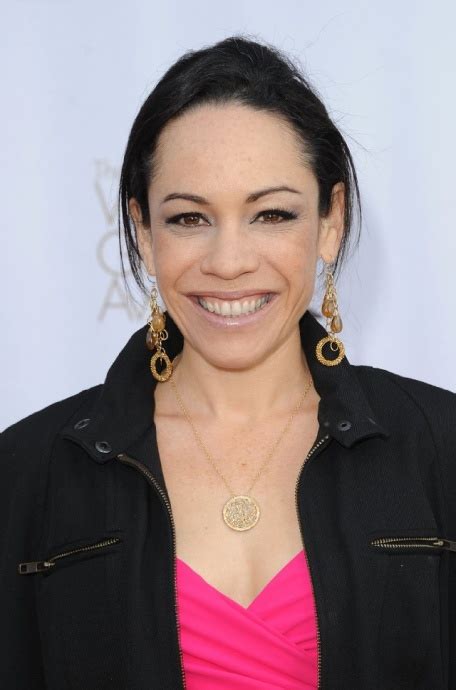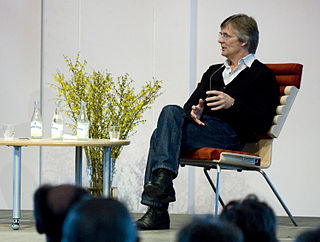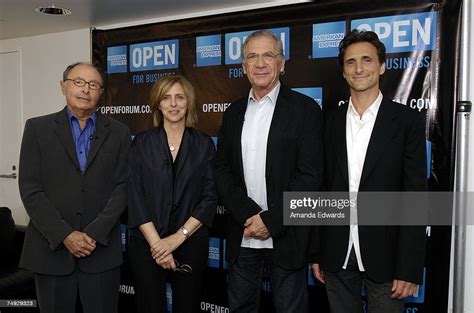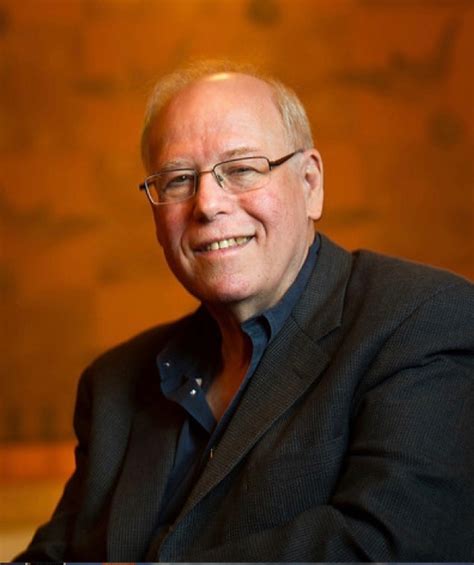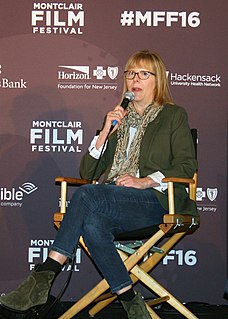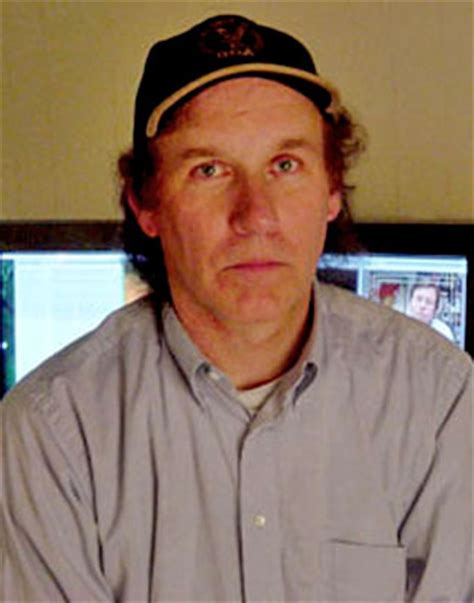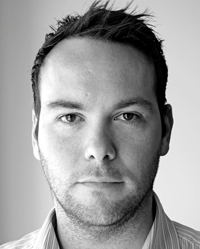Цитата Кауи Харт Хеммингс
Я был недостаточно изобретателен, чтобы представить, что мой первый роман станет фильмом режиссера Александра Пейна. Не рассматривал я и возможность увидеть голливудских звезд, передвигающихся по моей личной версии города Ханалей: едут на Таити-Нуи, репетируют сцену перед коттеджами моего кузена, едут по извилистым дорогам.
Темы цитат
Александр
Становление
Рассмотреть
коттеджи
Двоюродный брат
Творческий
Сделал
Режиссер
Вождение
Достаточное количество
фильмов
Первый
фронт
Поездка в
Голливуд
Голливудские звезды
Представьте,
что переезжают
мой двоюродный брат
Ни
роман
Личная
возможность
Репетиция
Дороги
Сцена
Видение
звезд
Таити
через
город
Версия
Связанные цитаты
Моим первым полнометражным фильмом был фильм «Перестрелка» с Кирком Дугласом, Джонни Кэшем, Карен Блэк, Джейн Александр, Рафом Валлоне... Он был снят в Санта-Фе, Мексика, в 1970 году, и его поставил Ламонт Джонсон. . Это был мой первый концерт, когда я приехал в Калифорнию после того, как в течение года выступал с «Hair» в Нью-Йорке на Бродвее. Но это был вестерн! Но этот фильм не имел успеха.
«Черный фильм», если только он не является достаточно удачливым, или достаточно творческим, или достаточно своевременным, чтобы построить собственную жизнь, висит ниже «белого фильма» на финансовой доске голливудских счетов… чему способствует и подстрекает предположение, что так называемый черный фильм не имеет внешнего рынка.
Ни суверена, ни двора, ни личной преданности, ни аристократии, ни церкви, ни духовенства, ни армии, ни дипломатической службы, ни дворян, ни дворцов, ни замков, ни поместий, ни старых загородных домов, ни пасторских домов, ни соломенных крыш. коттеджи, ни руины, увитые плющом, ни соборы, ни аббатства, ни маленькие норманнские церкви, ни крупные университеты, ни государственные школы, ни Оксфорд, ни Итон, ни Хэрроу, ни литература, ни романы, ни музеи, ни картины, ни политическое общество, ни спортивный класс - - ни в Эпсоме, ни в Аскоте Можно было бы составить подобный список того, что отсутствует в американской жизни.
Когда я написал свой первый фильм, а затем поставил его, и я впервые посмотрел его на том, что называется сборкой, вы смотрите на этот фильм, который представляет собой каждую написанную вами сцену, каждую строчку диалога, который вы написали, и вам хочется убить себя. минута, когда ты это увидишь. Типа: «Как я мог написать что-то настолько ужасное?»
